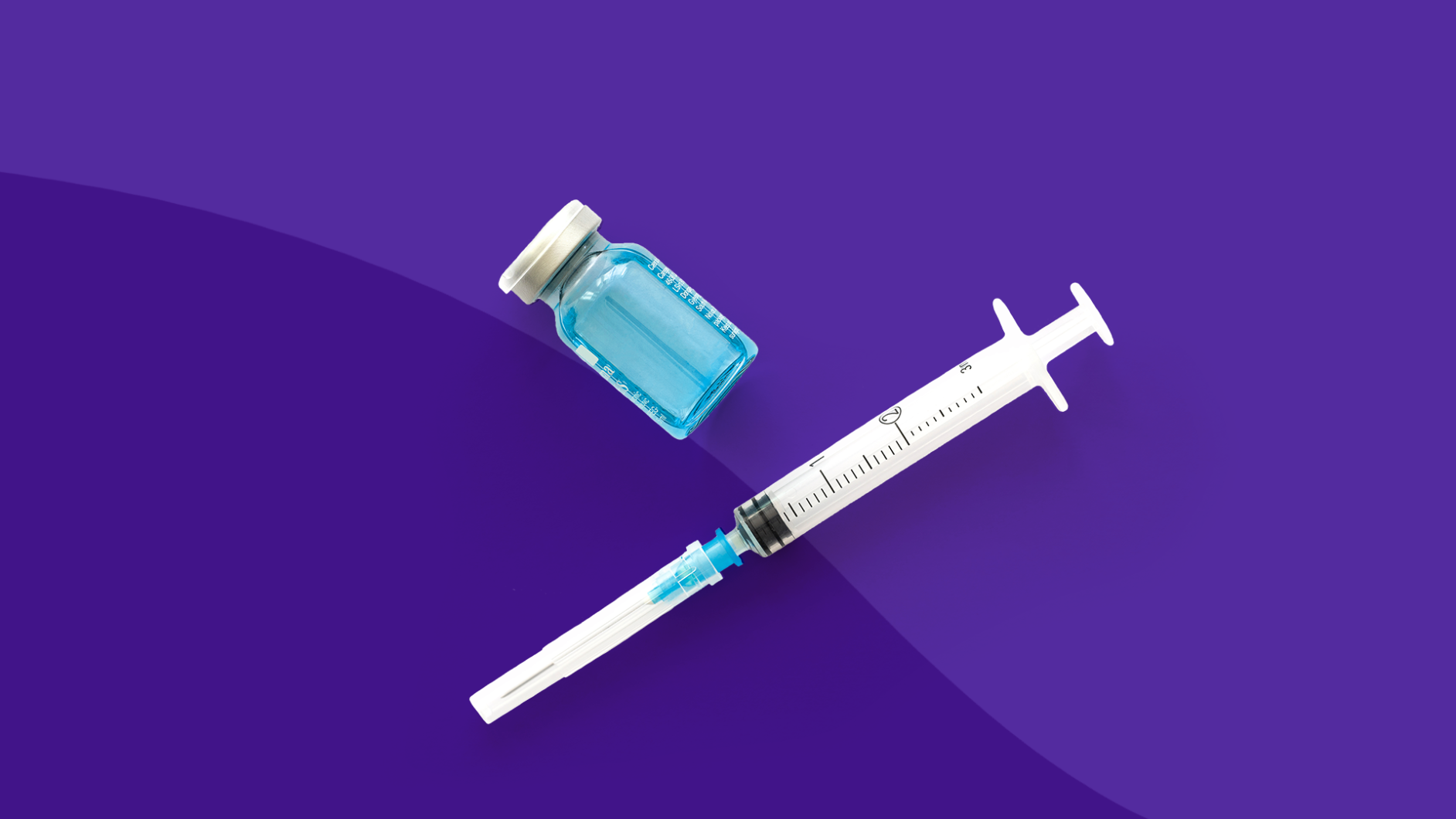Key takeaways
Hepatitis A cases in the U.S. have increased significantly, with a 140% rise from 2011 to 2017, prompting concerns and recommendations for vaccination.
The hepatitis A vaccine is highly effective, offering 95% protection after the first dose and nearly 100% after the second, and is recommended for high-risk groups including travelers to certain countries, drug users, and people with chronic liver diseases.
Children between 12 and 23 months are routinely vaccinated against hepatitis A to prevent transmission, especially in environments like day care centers.
Besides vaccination, preventive measures against hepatitis A include thorough handwashing, proper food handling, and using bottled water in areas with inadequate sanitation.
Hepatitis A (hep A) is all over the news. Last month in Philadelphia, health officials warned of exposure at a Center City restaurant where a food-service worker tested positive for the virus. Aldi and Raley’s recalled frozen berries after a possible hep A contamination. This year, the states of Florida and New Jersey have seen outbreaks of the condition as hep A cases continued to climb. The Centers for Disease Control and Prevention (CDC) reports there’s been “widespread” person-to-person transmission of hep A across the country, with cases of the infection up 140% from 2011 to 2017.
Hep A is usually a self-limiting, mild disease, but it can be deadly, especially in the elderly or those with chronic liver disease. You can get hep A by eating food or drinking water contaminated with even miniscule amounts of stool tainted with the hepatitis A virus (HAV). That can happen anywhere along the food chain—from growing food to processing and serving it. Hep A can also be passed by touching a surface soiled with infected stool and then touching your mouth, via sex with an infected partner, and from the exchange of soiled objects, especially hep A infected needles. The good news: There is a hepatitis A vaccine. Do you need one?
Who needs the hepatitis A vaccine?
Despite what the increasing number of hep A cases suggests, the infection is a preventable one. Just one dose of the two-part hep A vaccine gives 95% of vaccinated adults protection within four weeks; almost 100% of adults get protection after the second dose, which is given six months later.
According to the American Academy of Pediatrics, children are routinely vaccinated against the disease between 12 and 23 months of age. “That’s largely because young children, who are often asymptomatic, can be a big source of transmission, especially at day care centers [where dirty diapers are routinely changed and proper handwashing may be lacking],” says Blaine Hollinger, MD, a member of the American Liver Foundation’s National Medical Advisory Committee.
In addition to young children, the CDC recommends vaccination for anyone in a high-risk group. That includes those who:
- are traveling to developing nations where proper sanitation may be inadequate
- are drug users
- men who have sex with men
- are homeless or living without easy access to soap and running water
- have a chronic liver disease such as hepatitis B or hepatitis C
And everyone else?
While the chance of acquiring hepatitis A is small for those outside the risk groups, some experts say there’s nothing wrong with getting vaccinated. “The vaccine is very safe and highly effective,” explains Aileen Marty, MD, a professor of infectious diseases at the Herbert Wertheim College of Medicine in Miami. “Unless you have a contraindication to the vaccine, medically, there’s no reason why you shouldn’t get it.” Contraindications include being moderately to severely ill (but you can get the vaccine as soon as you recover), or allergic to parts of the vaccine.
The hepatitis A vaccine—known by the brand names Havrix and Vaqta—is made with an inactive virus and is considered very safe. The main side effect of the hep A vaccine is soreness around the injection site. Rarer side effects include headache, fatigue, and (very rarely) an allergic reaction, which can manifest as difficulty breathing, high fever, hives, and a fast heartbeat.
How to protect yourself
Vaccination is the best protection against hepatitis A, but there are additional ways to safeguard yourself.
- Wash hands with soap and warm water for 15-30 seconds after using the bathroom, after changing diapers, and before handling food.
- Wash all fruits and vegetables thoroughly, especially berries (hep A can lurk in the grooves formed by seeds).
- Cook food to proper temperatures to kill any contamination.
- Drink only bottled water when traveling to a developing country. Use the bottled water to brush your teeth and wash fruits and vegetables.
- Use caution when eating at places like food trucks. Observe whether the staff practices food-safety hygiene (such as wearing gloves, and not handling money, then food). Note whether running water is available. Food trucks are inspected by local and state health departments/agencies, but standards vary. Ask to see their most recent inspection report.
With these steps, and the proper immunizations, you can avoid infection and help prevent an outbreak in your state. You can save money on the hep A vaccine and other vaccines with a coupon from SingleCare.




